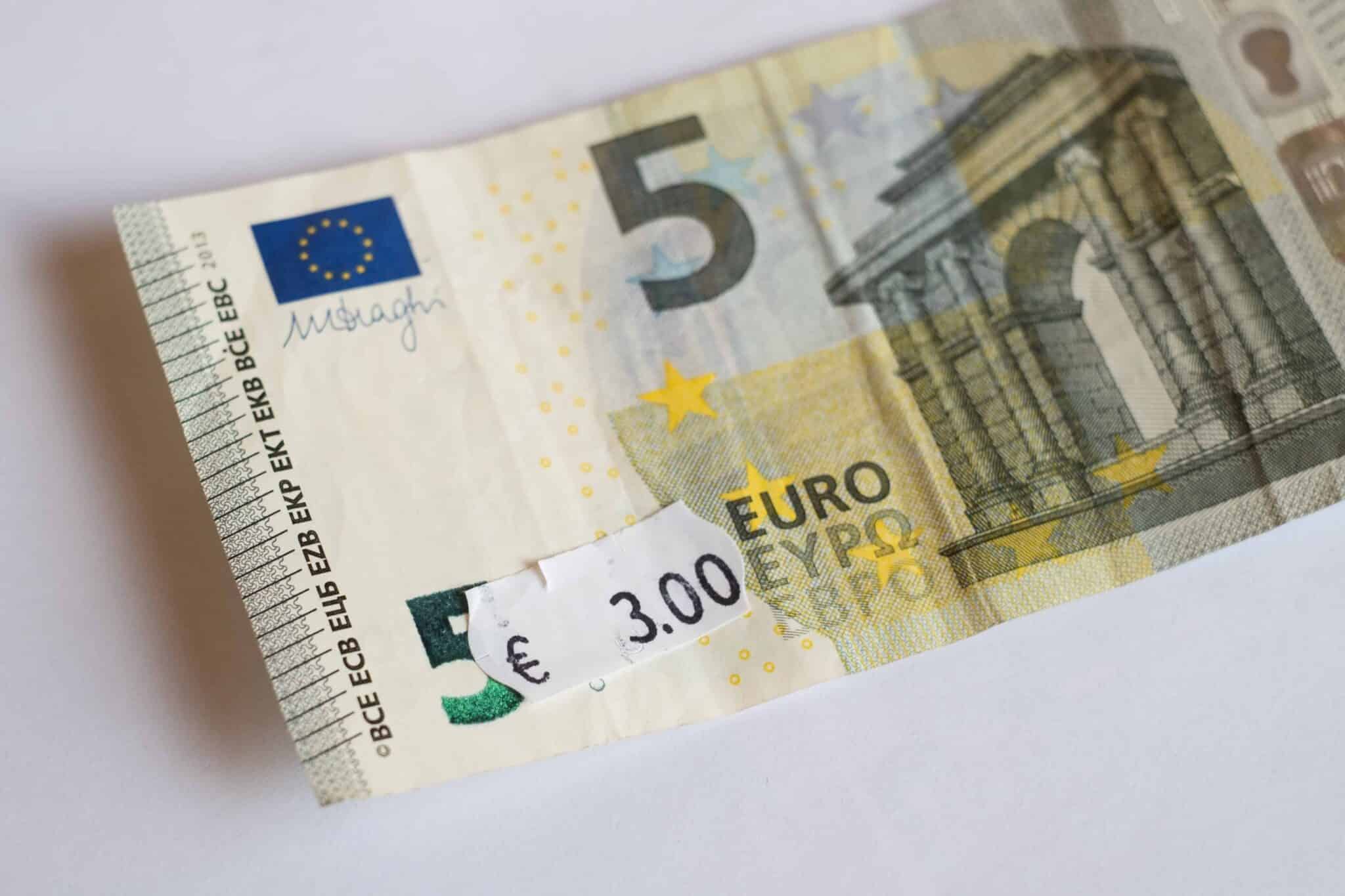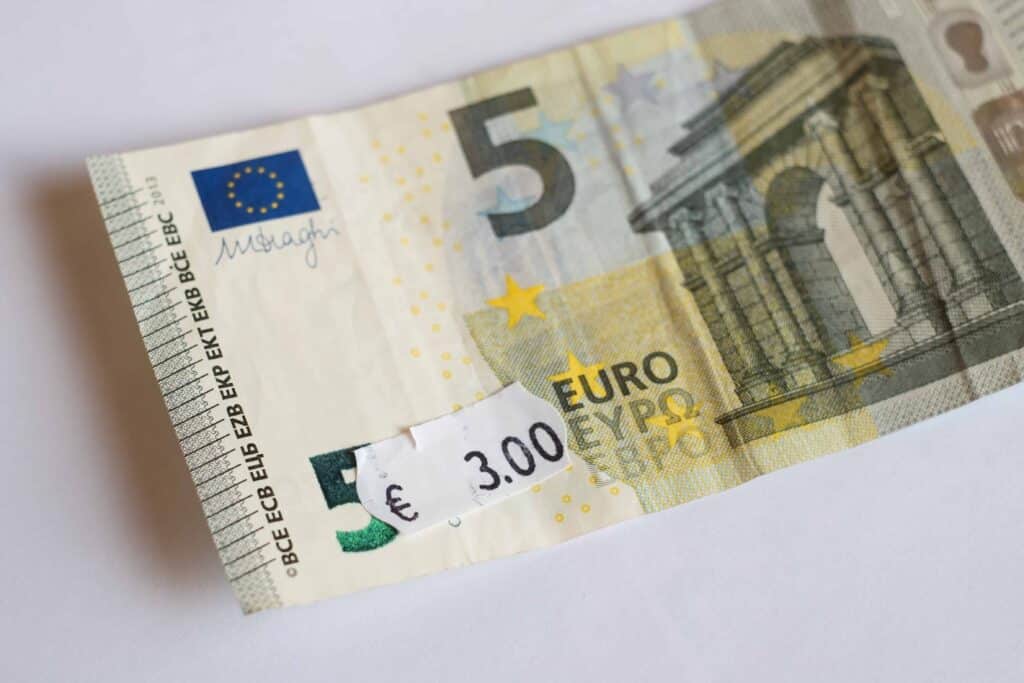
Devaluation, as it pertains to a national currency, can be either a substantial drop in a currency’s value relative to gold or other foreign currencies, or it can be a deliberate adjustment made by the central bank of a country of the official exchange rate. The latter action can only happen when the national currency does not float in the currency markets. Its value is either fixed by government proclamation or is pegged to the value of another currency. To learn more about devaluation, its background, valid reasons for it, pros and cons, and a few examples, read on.
Background Overview of devaluation
In order to understand the process of currency devaluation, it is important to be aware that, according to sources in the forex industry, there are, as of 2019, 192 countries with currency agreements. Of these agreements, 38 and 25 are with the US and the European Economic Community, respectively, while 14 and 20 of these currencies are pegged to the USD or the EUR. A considerably smaller number of national currencies float in the global forex market.
Why are these currencies either fixed or pegged? It is imperative that a country’s currency is reasonably stable in international markets in order to stimulate global trade agreements, encourage foreign investment and control inflation, especially in markets with developing economies. Without confidence in a nation’s currency value, trade can be disrupted, resulting in supply chain difficulties and reduced consumption.
The objective is always to minimize foreign exchange risk over the long term. Trade and investment agreements with cross-border business partners require this stability or problems can occur. If the fix or peg is set too high or too low, then imbalances can result over time, which must be resolved to the detriment of all parties involved. If the rate is too low, local living standards can suffer. If the rate is set too high, over-consumption and inflation can be the outcomes.
Since free-market forces do not resolve daily exchange rate differences, government officials and the central bank must be continually monitoring the appropriateness of the official rate of exchange or peg. If government action is required to deal with imbalances in the system, devaluation is the order for the day. There are several reasons, which must be reviewed prior to implementing a currency devaluation, and there are pros and cons for taking these actions.
Unfortunately, a devaluation creates negative reactions in the marketplace. A sudden change in the financial outcomes for trading parties and competing countries can create global tensions due to uncertainty going forward. While devaluation may appear the most prudent monetary tool to be employed for a given set of circumstances, it can result in consequences that were never anticipated before the action was taken. Trade wars and economic recession are two such unexpected results that can complicate an already delicate situation.
Related Articles
Reasons for Devaluing a National Currency
We have often heard that a strong national currency will favour a country’s economy. This often heard mantra, however, is counter-intuitive in that a developing country that depends heavily on its exports of raw materials, funded more than likely from investment from outside of the country, needs an exchange rate that encourages both avenues for success. There are also global rules related to operating reserves and trade deficits that come into play.
Currency devaluation is often viewed as a monetary tool of last resort, due to the unseen repercussions that can occur once a significant adjustment is enacted. What are the primary reasons why a central bank and related government officials would consider such an extreme measure for the situation at hand? There are three main ones:
- Stimulate Export Trade: A weaker currency equates to lower prices for exports on the global market, and lower prices in a very competitive environment can give the local economy a boost in GDP, jobs and tax revenues. The benefit may, however, become illusory over time. After demand for exports increases, prices will typically rise as supply wanes. Other nations may also view the devaluation as an unfair trade practice and react by cutting prices or following through with a devaluation of their own. This form of a currency war can also lead to inflation, another consequence of weakening forex rates.
- Reduce Trade Deficits: When exports become cheaper, the opposite is true for imports. Higher local prices will reduce consumption, but the net effect on the trade deficit will be a positive reduction, thereby improving a country’s position in international trade and in its credit rating. If increasing trade deficits had been left unchecked, the country’s debt load would naturally increase, which could lead to severe economic problems in the future if the imbalance in exports and imports is not addressed.
- Reduce Payments on Sovereign Debt: A devaluation of currency can also reduce the burden of sovereign debt as it is denominated in the local currency. If a 50% devaluation took place, the actual value of debt payments would be cut in half. For many developing countries, however, loans from the World Bank or other entities may be denominated in USD or EUR to protect holders of the related debt instruments. In this case, interest accruals would be more expensive.
Pros and Cons for Currency Devaluation
The devaluation definition suggests a negative connotation as an upward adjustment of a currency rate, a revaluation, is a rare occurrence. Despite the negative inference, there are both ‘pros’ and ‘cons’ for the use of this monetary tool. The pros were discussed in the previous section as the primary reasons for devaluing a currency. What are the cons? Here are just a few:
- Domestic Prices Rise: The direct result of devaluation is to increase the cost for imports, which are typically denominated in another country’s currency. It may not happen overnight, but eventually local prices for these newly imported goods will rise. Inflation may go unchecked unless cheaper sources are found due to competition.
- Some Export Prices Could Rise: If pricier imports are used in business to create goods for export, the costs of these exports will naturally rise in tandem with the devaluation.
- Market Uncertainty: Businesses do not like uncertainty in prices, supply chains or competitive advantages. A devaluation is like a rock thrown in a pool of water. The ripples will take time to find a new equilibrium. Businesses will have to adjust. Some businesses may make a proactive response, which could ignite a trade war. Others may withdraw their loyalty. The responses could easily lead to an economic downturn or recession.
Examples
While devaluations can be attributed in modern times to fixed and pegged currency regimes, the historical record before major currencies were allowed to float in the 1970s is replete with examples following WWII and into the 1960s. Now that the global forex market has been around for 50 odd years, the occurrence of major devaluations has been confined to developing economies. Two of the more notable examples are as follows:
- China and US Trade Wars: Perhaps the most publicised example of currency devaluation relates to China’s ascension as an economic powerhouse over the past several decades. China has accumulated over $1tn in US Treasury debt instruments and has flexed its financial muscles by adjusting its currency’s peg with the US dollar. From 2005 until 2015, the Yuan, China’s national currency, has appreciated versus the USD by 33%, but in 2015, the People’s Bank of China took financial markets by surprise by devaluing the Yuan by 3% in a series of adjustments over a period of a few days. Officials claimed that the act was in response to the Trump administration imposing import taxes on several of its products. The US accused China of manipulating its currency by keeping it artificially low to compete unfairly in global markets. Whatever the case, the ripples of this trade war continue to be felt to this day.
- Egypt Devalues in 2016: In order to conduct international trade, developing countries must maintain reserves in major currencies such as the USD and the EUR. When Egypt’s reserves were dwindling in 2016, officials devalued the Egyptian Pound by 14%, a move ostensibly to deal with black market activities. Other sources claim that the IMF forced the devaluation as a prerequisite for a $12bn loan. The black market re-priced, thereby defeating the published reason for the devaluation.
Conclusion
Devaluating a nation’s fixed or pegged rate of currency exchange is a monetary tool that may serve an initial purpose, but wan also result in several unanticipated consequences. While the intentions may vary from boosting exports, increasing foreign investment or removing financial obstacles in the international trade arena, devaluations can cause as many problems as they solve. Negative impacts can range from open and vocal trade wars to rampant local inflation, a severe downturn in the local economy, and possibly a recession.
Forextraders' Broker of the Month
BlackBull Markets is a reliable and well-respected trading platform that provides its customers with high-quality access to a wide range of asset groups. The broker is headquartered in New Zealand which explains why it has flown under the radar for a few years but it is a great broker that is now building a global following. The BlackBull Markets site is intuitive and easy to use, making it an ideal choice for beginners.

